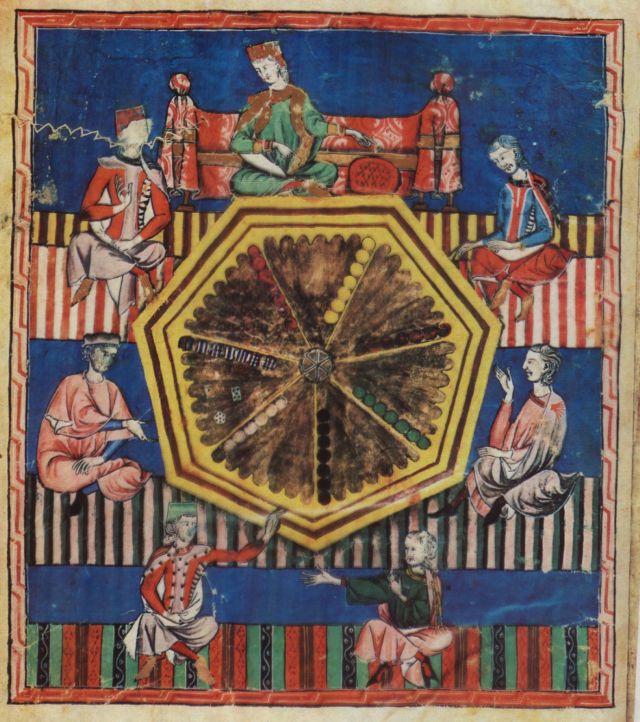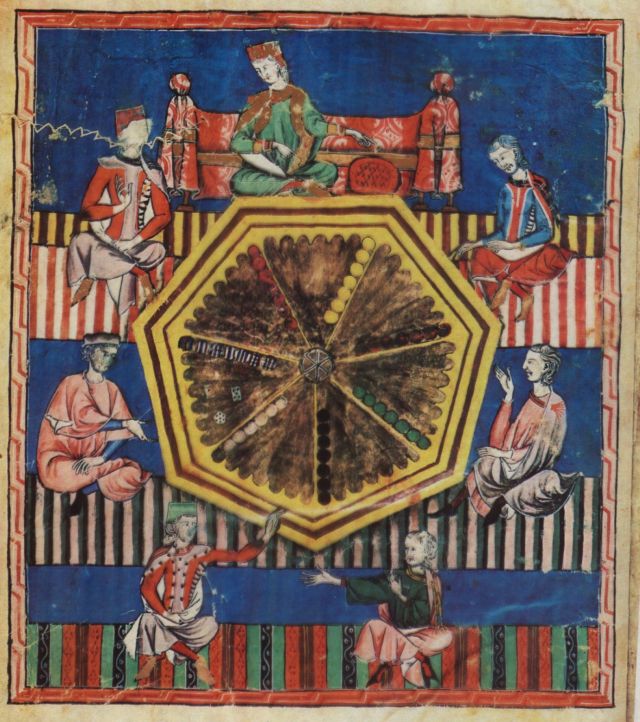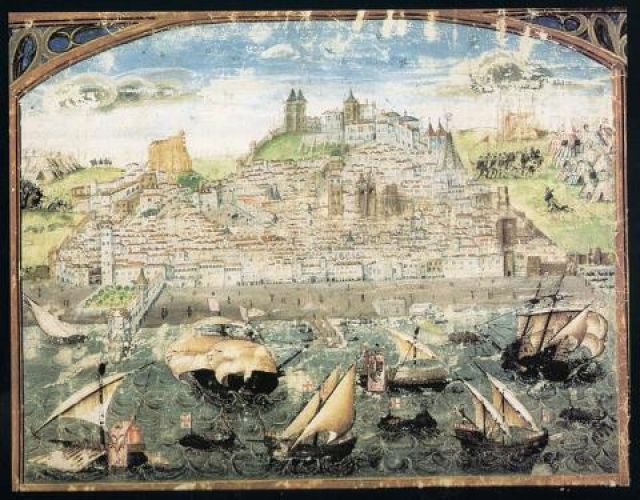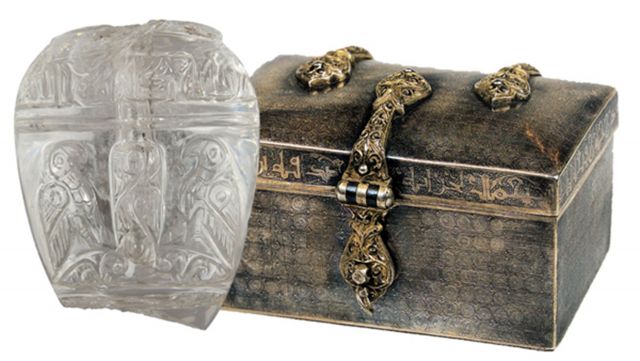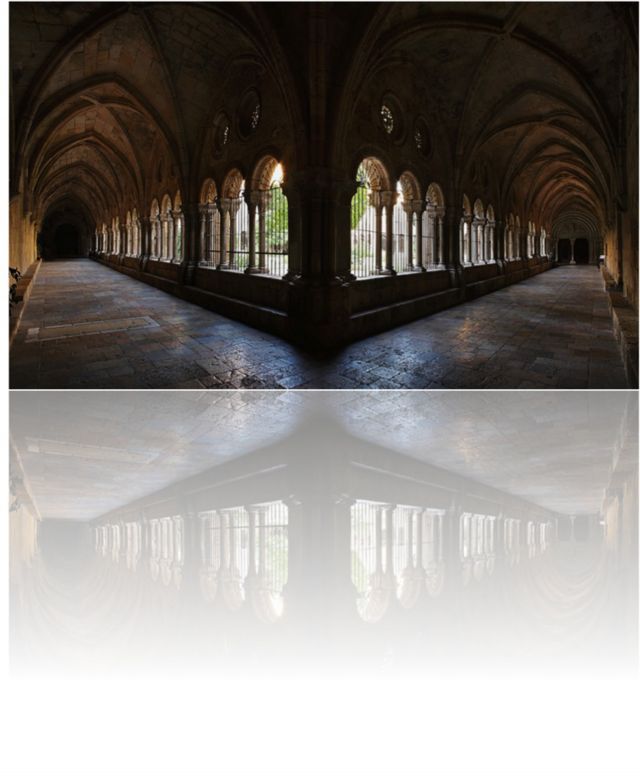Convivencia.
Iberian to Global Dynamics (500–1750)
A multidisciplinary project conducted by the Kunsthistorisches Institut in Florenz (Gerhard Wolf), the Max Planck Institute for the History of Science (Jürgen Renn), the Max Planck Institute for Social Anthropology (Günther Schlee), together with David Nirenberg (University of Chicago)
Running time: 2015 – 2020
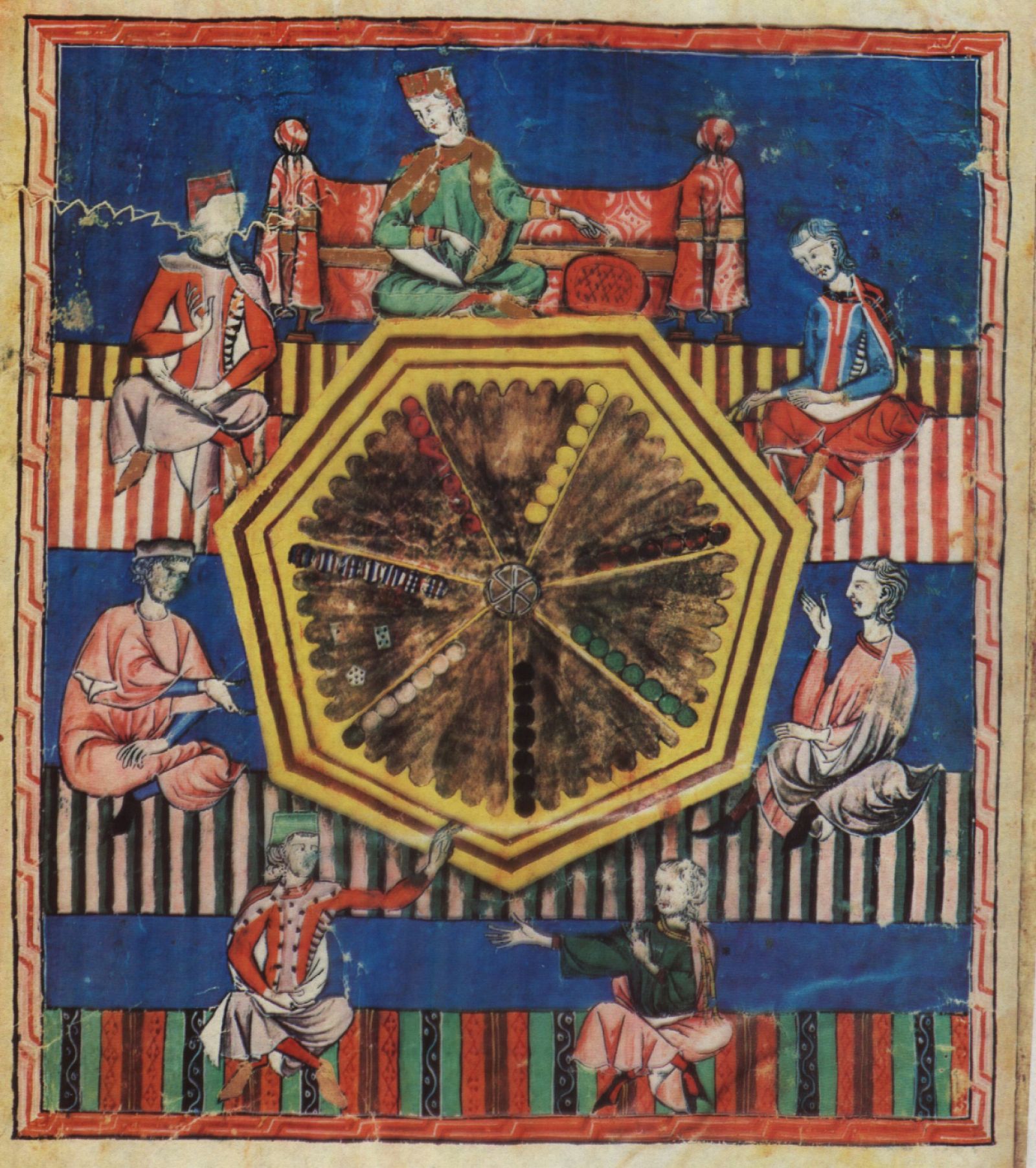
On the medieval Iberian Peninsula, Christians, Muslims and Jews coexisted in both peace and conflict. Commercial activities, political alliances, bonds of kinship and religious communities widened the space of interactions to northern Europe, the Eastern Mediterranean, the Black Sea and North Africa. The south- and westward Iberian expansions in parts of Africa, to the Atlantic islands and to regions in Asia and the Americas arose from accumulated experiences of Convivencia dating back to Iberian Antiquity. In a non-uniform process of colonization, the Iberian empires were driving forces of early modern globalization.
CONVIVENCIA investigates the cooperative and conflictual interactions of these different cultural and religious communities in the Iberian world from the sixth to the eighteenth centuries. It takes the concept of convivencia as its structural hindge. Popularised by the Spanish revisionist historian Americo Castro in 1948, convivencia originally referred to the processes syncretism (i.e. exchange, fusion) and antagonism (e.g. hostility, differentiation) between Christians, Jews and Muslims living in medieval Iberia, which gradually produced Spanish identity and character. Since then, the study of convivencia has evolved into a rich debate as to how and why different religious, ethnic and cultural groups come to come to live peacefully together, and the extent to which tolerance paradoxically requires the political-economic domination of minorities and occasional outbursts of conflict and violence.
Aspects of these processes have for long been studied by single disciplines in an isolated manner. The CONVIVENCIA project is conceived to overcome such division. In a combination of overarching questions with specialized research, it aims at a new understanding of historical forms and dynamics of culturally and religiously heterogeneous societies in relation to political orders, modes of representation, transmission of knowledge and construction of identities, from the Iberian kingdoms to the colonial empires.
The project also dedicates itself to comparing the Iberian context with other cases of convivencia in the Mediterranean and the Near East. These not only include ethnographic exploration of the great cosmopolitan port cities of the region, but also a political analysis of the way the recent Islamic resurgence has impacted coexistence (convivencia) between the different religious confessions in the region. Nation-States had been imposed by external powers during the era of colonialism, unifying provinces and tribes from different religions and ethnicities under state institutions. This in turn created a crises of identity in the authoritarian regimes set up after independence. We are interested in understanding of how these religious and ethnics groups construct themselves as distinct identities, what are their perspectives, and how to explain the characteristics of the minorities existent in the region from anthropological point of view in the case of Syria and Iraq.
Projektleitung
Prof. Dr. Thomas Duve
Max Planck Institute for European Legal History
Hansaallee 41
60323 Frankfurt am Main
E-Mail: sekduve@rg.mpg.de
Prof. Dr. Jürgen Renn
Max Planck Institute for the History of Science
Boltzmannstraße 22
14195 Berlin
E-Mail: rennoffice@mpiwg-berlin.mpg.de
Prof. Dr. Günther Schlee
Max Planck Institute for Social Anthropology
Advokatenweg 36
06114 Halle (Saale)
E-Mail: schlee@eth.mpg.de
Prof. Dr. Gerhard Wolf
Kunsthistorisches Institut in Florenz
Max-Planck-Institut
Via Giuseppe Giusti, 44
50121 Firenze / Italien
E-Mail: dirwolf@khi.fi.it
Projektpartner
Prof. Dr. David Nirenberg
The University of Chicago
John U. Nef Committee on Social Thought
1126 E. 59th Street, Mailbox 125
Chicago, IL 60637 / USA
E-Mail: nirenberg@uchicago.edu



